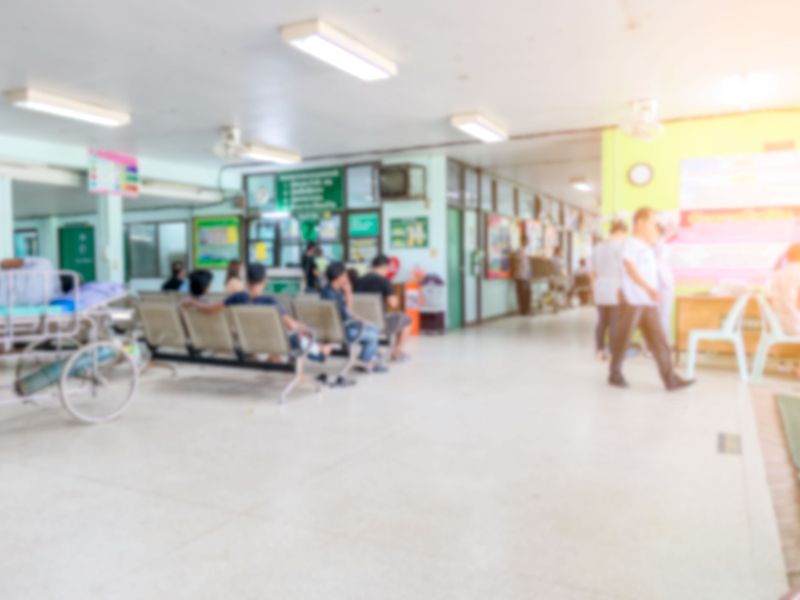
More frequently than we would like to admit, in today’s society, we put off on health care.
Consider the parents who consistently put the needs of their children ahead of their own, making certain their children receive proactive and reactive care when necessary, but failing to do the same for themselves. You can say the same for the working professional who refuses to cancel a meeting to squeeze in a doctor’s appointment. Then there are those who abide by an “ignorance is bliss” attitude and avoid the doctor’s office for fear of what they could hear.
But what would you do if you needed more than something to fight off a sinus infection or your annual flu vaccine? What would you do if you woke up one day with unexpected and complete loss of hearing in one or both ears?
There’s a good chance your hearing will not ever return if you simply try to put it off. Hearing experts caution that if you don’t get sudden temporary hearing loss taken care of immediately, particularly if it’s at the nerve level, it may become permanent.
What is Sudden Hearing Loss?
According to the National Institute on Deafness and Other Communication Disorders (NIDCD), only about half the people who experience sudden hearing loss–the sudden loss of 30 decibels or more of hearing ability–will regain some or all of their hearing naturally.
Sudden hearing loss is more likely to occur than is commonly recognized. Actually, studies estimate that there are between one and six individuals for every 5,000 yearly who experience sudden hearing loss. But according to the NIDC, if undiagnosed claims were included, that number would be significantly higher. That means that about 400,000 (or more) Americans might experience sudden loss of hearing each year.
Sudden hearing loss can actually take place over a few hours or days so the term is a bit of a misnomer.
What is The Cause of Sudden Hearing Loss?
Doctors are usually not able to figure out the cause because it happens over hours or even days. The sad fact is that only around 10 percent of people diagnosed with sudden loss of hearing have a cause that can be identified. Out of those cases that hearing specialists can pinpoint, the most common causes are autoimmune disease, neurological disorders, infections, exposure to certain drugs, blood circulation disorders and inner ear disorders.
Your best possibility of getting back at least some of your normal hearing function, as mentioned, is to get treatment right away.
How do You Treat Sudden Hearing Loss?
In situations when the cause is not known and in many other cases, the usual course of treatment involves corticosteroids. Minimizing the swelling and reducing inflammation is the goal as with all steroid use.
As medicine has become more modern and more researchers have conducted additional studies on sudden loss of hearing, the recommended method of treatment has evolved. Pill form is how these steroids were historically prescribed, but for people who were leery of the side effects of medication or were unable to take oral steroids, this presented a challenge.
An injection of steroids into the eardrum proved to be as effective as an oral steroid according to a 2018 NIDCD clinical trial, even enabling the medication to flow right into the inner ear, without the downside of the oral options. Ear, nose and throat specialist around the country routinely give these injections in the office.
A group of tests that might diagnose the inherent problem causing your sudden hearing loss can be arranged by your doctor and that’s another reason why seeking prompt medical attention is crucial. These tests can even test whether you can keep your balance as well as doing blood-work and several imaging methods.
We May be Getting Close to New Treatment For Sudden Hearing Loss
Researchers continue to work on the problem but truthfully, there’s a lack of solid information about the cause of sudden loss of hearing. New advancements with infusing drugs into little microspheres would offer a new technique of administering the steroids in what could be a safer way.
Researchers have proven that even though they may not have all the answers about sudden loss of hearing, your chances of getting your hearing back is increased by seeking early treatment. If you’re experiencing hearing loss, either sudden or gradual, you should contact a hearing professional right away.
